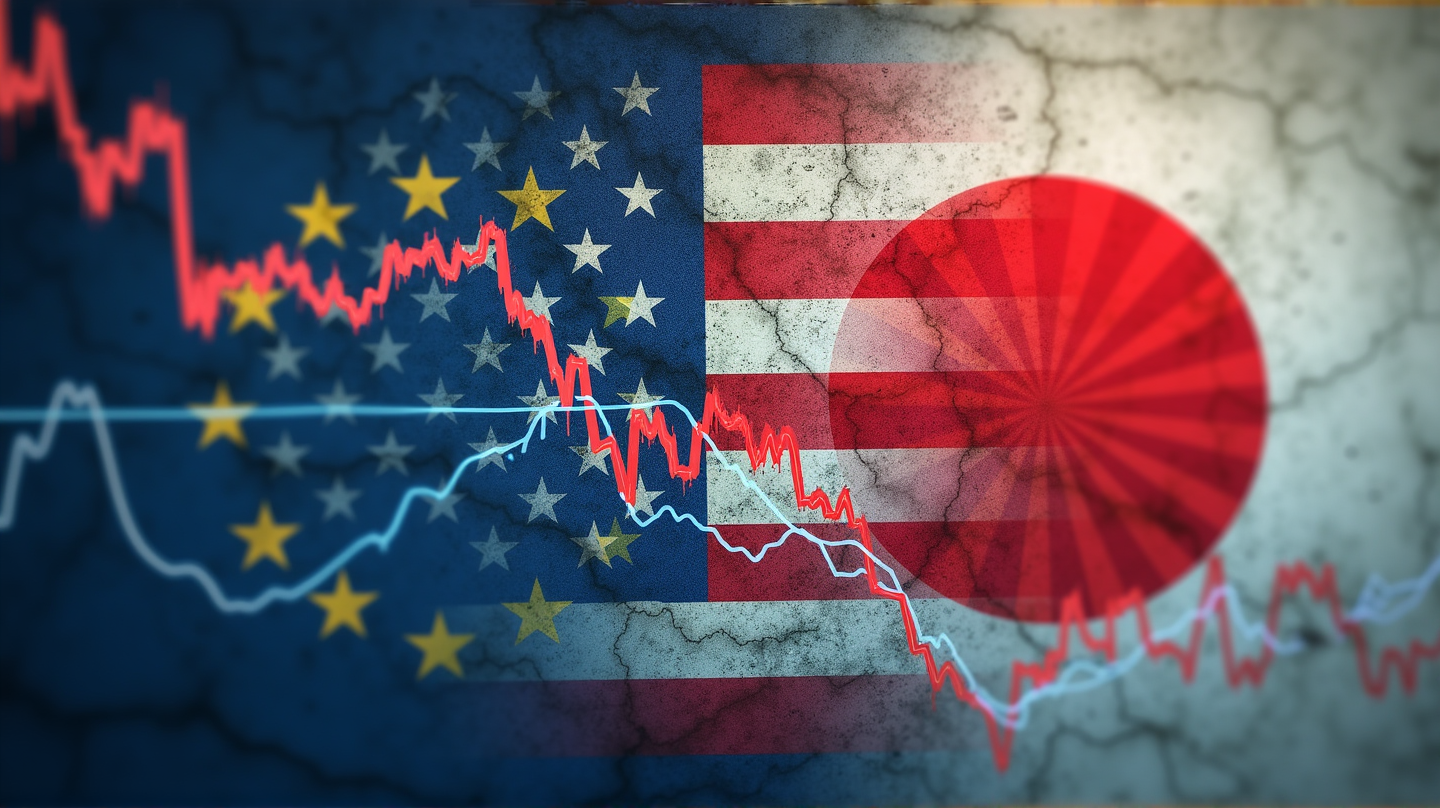Dollar's Dramatic Dip Amidst Trade Tactics
DXY sees a sharp drop to 97.4 as US trade policy shifts towards lower tariffs with EU and Japan. Monetary policy debates heat up.

As the financial world turns its focus on the evolving trade dynamics, the Dollar Index (DXY) made headlines with a sharp pullback to the 97.4 mark on Wednesday. This unexpected drop has been meticulously analyzed by experts keen to understand the ramifications of recent trade decisions by the US, hinting at a paradigm shift in international trade relations.
Easing Tensions with the European Union
Reports have surfaced indicating that the United States is set to lower tariffs on the European Union, reducing the previously threatened 30% tariffs to a more conciliatory 15%. Such a move not only signifies a softening stance but also mirrors the strategy employed with Japan, showcasing the art of diplomacy in trade negotiations.
Japan’s Investment Pledge
Japan’s recent engagement with the US has resulted in significant investment commitments. Pledging a 15% tariff reciprocation for Japanese exports, Japan will also invest $550 billion into the US economy, which could potentially bolster bilateral trade ties and economic growth in both nations.
A Mellowing Approach Towards China
The impact of these trade adjustments could have a domino effect on the strategic engagements with China. Treasury Secretary Bessent’s recent comments hint at an extension of the existing tariff truce with China, ahead of the notable expiration date of August 12th. Such diplomatic maneuvers highlight the interconnectedness of global trade policies.
Fed’s Stance on Inflation
Adding another layer to this complex financial tapestry, the latest minutes from the FOMC meeting revealed concerns among several members regarding the inflationary impact of tariffs. This concern has led the Federal Reserve to pause on further rate cuts for the moment, reflecting careful navigation through turbulent economic waters.
With every decision impacting global markets, the DXY’s recent adjustments warrant close monitoring. The interplay between trade policies and monetary strategies remains a crucial aspect of modern economics. According to TradingView, these developments have a profound influence on international market stability.





